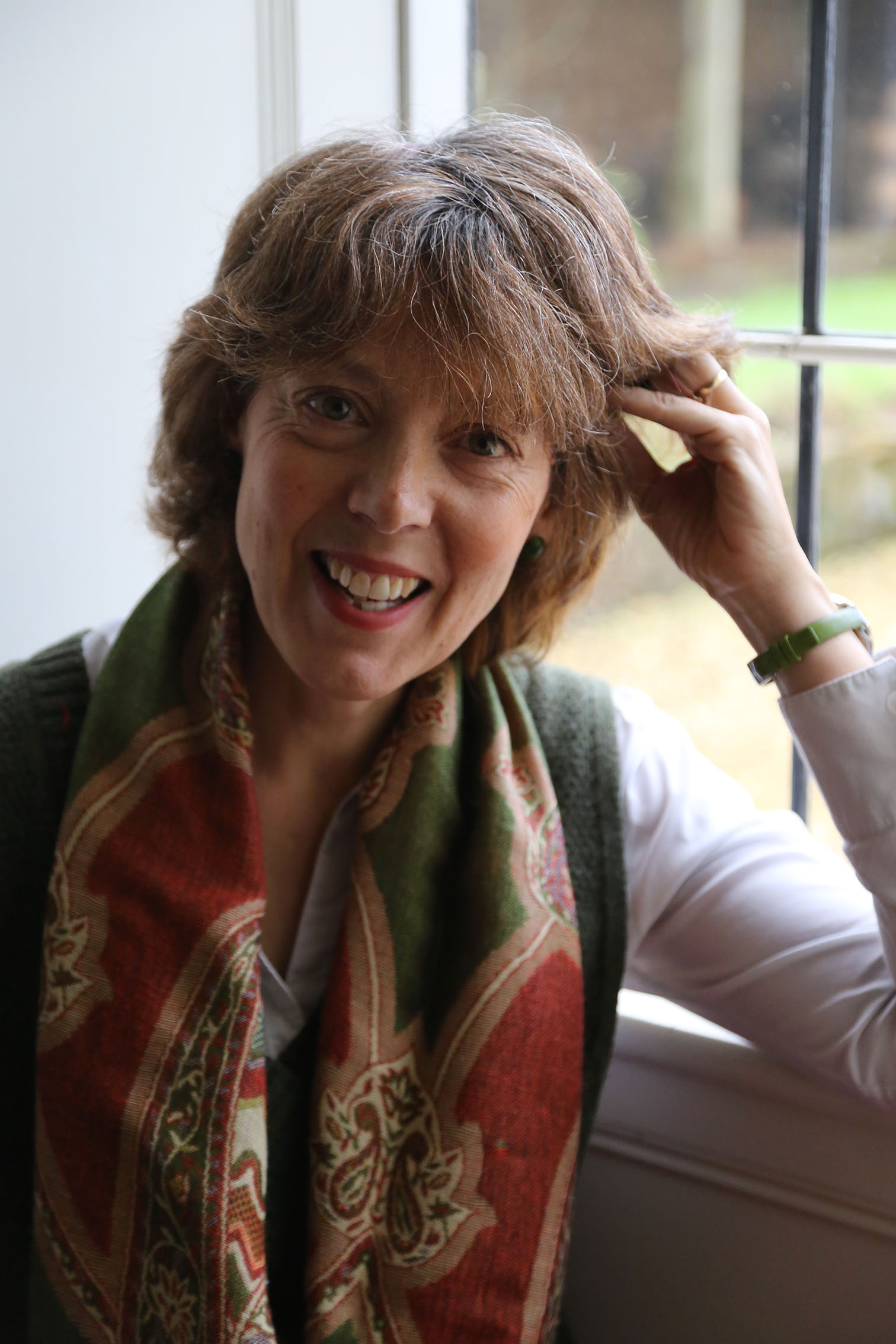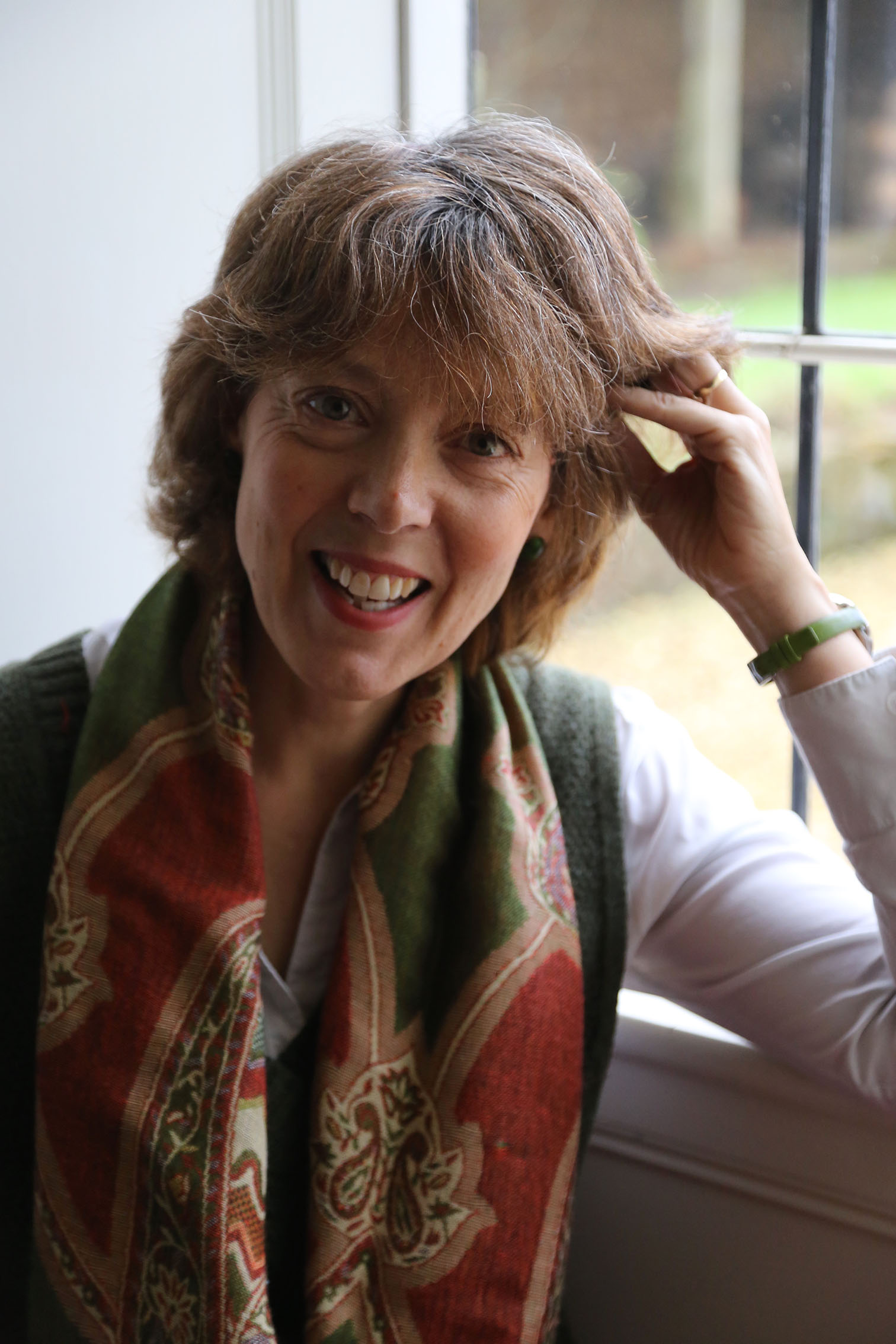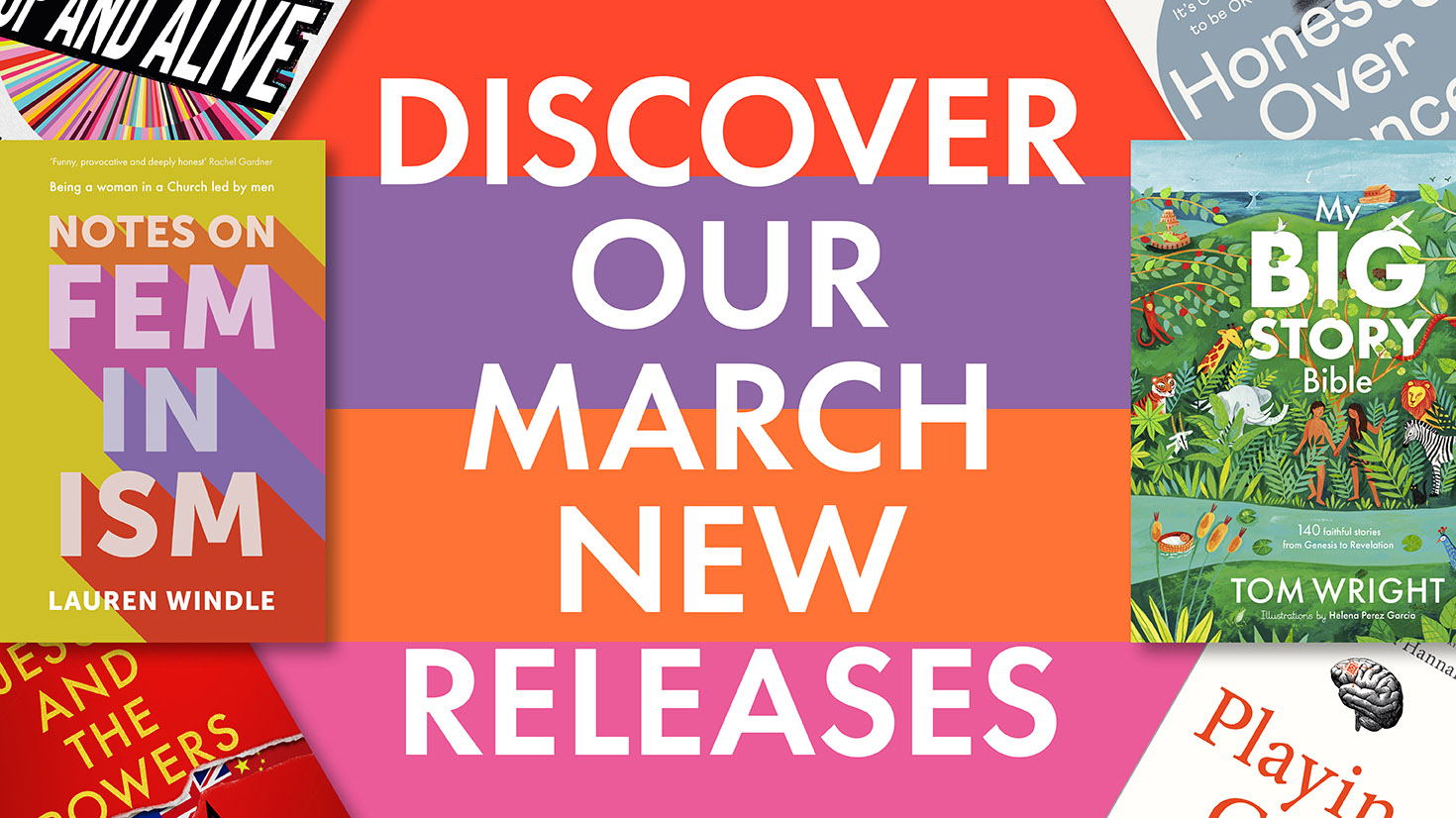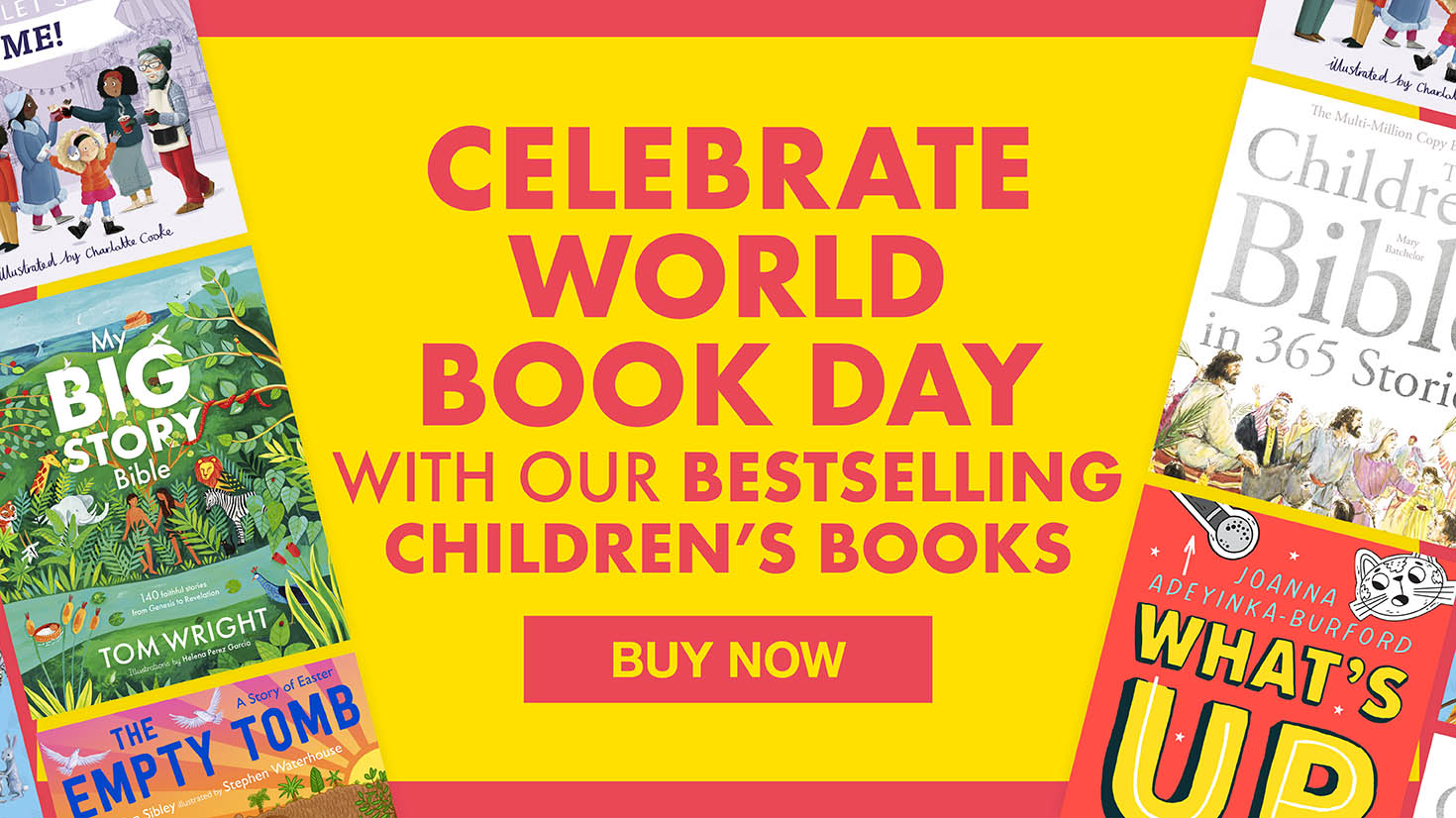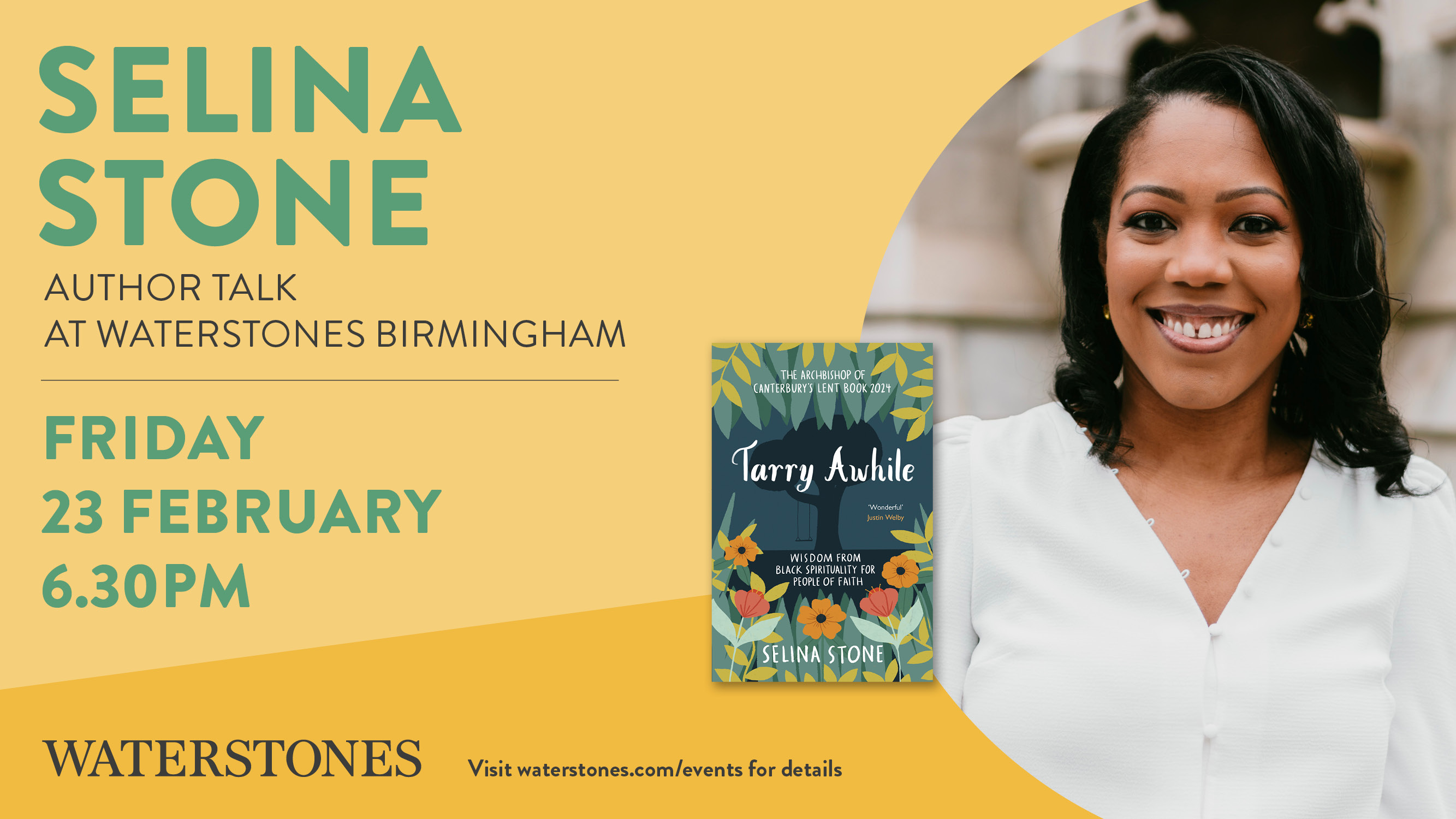We use cookies to make your experience better. To comply with the new e-Privacy directive, we need to ask for your consent to set the cookies. Learn more.
5 Questions for Sarah Meyrick
Sarah Meyrick studied Classics at Cambridge and Social Anthropology at Oxford, which gave her a fascination for the stories people tell and the worlds they inhabit. She has worked variously as a journalist, editor and PR professional. She is the Director of the Bloxham Festival of Faith and Literature which is a small literary festival that takes place biennially in north Oxfordshire. She lives in Northamptonshire with her husband and has two grown up children.
On #ReadABookDay, we chat with her about writing, reading, and what’s next for her as an author.
1. Tell us about your favourite books from your childhood.
I was a voracious reader as a child, and remain so today. As the youngest of four children I read all the books my brothers had finished with and whatever else I could get my hands on, whether or not it was suitable. The authors I particularly loved and pressed upon my own children were Rumer Godden (The Doll’s House, for example), Noel Streatfeild (the Gemma books and Ballet Shoes in particular), Elizabeth Goudge (The Little White Horse) and Frances Hodgson Burnett (The Secret Garden, The Little Princess.) In each case the writers create an utterly absorbing and believable world, and I was totally transported. I feel nostalgic just thinking about those books now.
2. Which book have you been recommending to everyone lately?
Two stand-out books from my summer holiday reading are Elizabeth Buchan’s The New Mrs Clifton and Dorothy Canfield’s The Deepening Stream. The New Mrs Clifton is about London in the immediate aftermath of the Second World War, and in particular the plight of the young German wife of a British officer trying to find her feet in a hostile environment. It’s about a period of history that really interests me; it’s also beautifully written and profoundly moving. The Deepening Stream was published in 1930 and was a present from a friend. To my shame I’d never heard of the author (also known as Dorothy Canfield Fisher) but she was a bestselling American writer in the early twentieth century. She was also an educational reformer and social activist; Eleanor Roosevelt named her one of the ten most influential women in the US. The Deepening Stream is semi-autobiographical, and culminates in an account of living through the First World War in Paris. It was completely compelling.
3. Do you have a particular place you visit to write?
In The Restless Wave, Nell comes across a small writing table with a single drawer which has been mouldering in a barn for many years. The table is essential to the plot. Well, I wrote most of the book sitting at that very table! However I found it in a junk shop in northern France, rather than in my aunt’s barn. I’m lucky enough to live in a beautiful Georgian rectory, so my writing room has tall sash windows with shutters, and window seats you could sit in were they not too piled up with books. I have a pin board above my desk with photographs and cuttings and postcards all loosely related to whatever I’m writing at the time.
4. Tell us about the historical research that went into writing The Restless Wave.
The research was a lot of fun and threw up some surprises. I visited the Museum of Army Chaplaincy in Hampshire where the curator was enormously helpful. I also read a lot of books about D-day, and some diaries of chaplains who served there. It was while I was reading one such account in the Bodleian Library in Oxford that I came across my late uncle’s name – and discovered that he had been at D-day. A bit of digging revealed that my grandfather on the other side of the family had also been there. This was news to me. I was also lucky enough to meet a man who gave me his father’s unpublished memoir and permission to pillage it, which I did. And I also spent a fair amount of time in Normandy, mooching around the memorials and museums along the northern beaches.
5. What do you look forward to next as an author?
I’m just starting work on my next book, but it’s at a stage too embryonic to discuss. All I can say is that complex family dynamics will feature prominently again.


